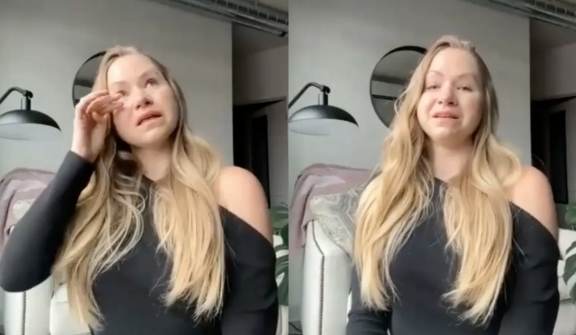
In a deeply emotional interview with Fox News Digital, a woman expressed feeling a profound sense of betrayal by feminism as she neared her 39th birthday and made the decision to pursue a traditional path of settling down, starting a family, and finding a life partner.
Overwhelmed by her fears of ending up alone and childless, she broke down in tears while sharing her struggles.

Melissa Pershing posted an essay on Business Insider titled "I'm 38 and single, and I recently realized I want a child. I'm terrified I've missed my opportunity,"
However, following the essay's viral spread in November, she faced a barrage of criticism from men who accused her of leading a selfish life.
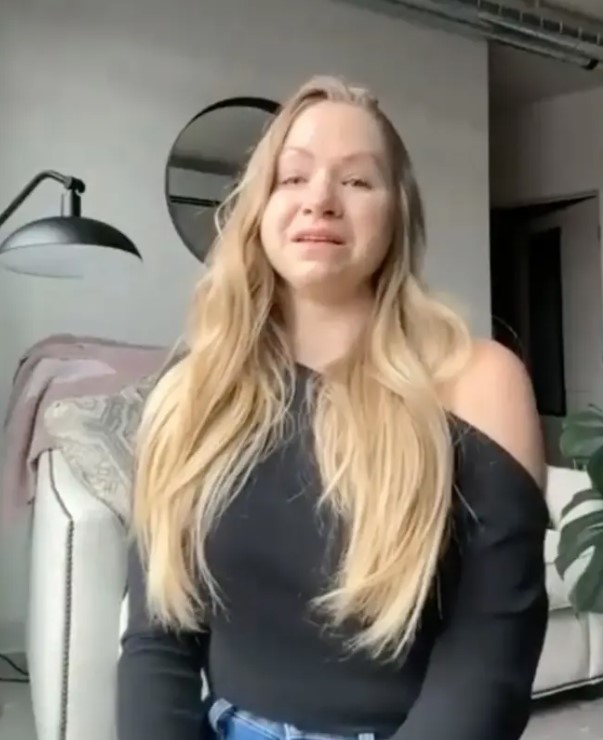
Contrary to these perceptions, Persling offers a contrasting perspective that sheds light on the complexities of her story.
At the age of 22, Melissa Persling embarked on a marriage with a conventional man and relocated to Coeur d'Alene, Idaho. However, they got divorced after 10 years due to their different opinions on life goals.
“He wanted a simple life with children and home-cooked meals,” she said. However, Persling – despite coming from a religious Christian background – made it clear to her husband-to-be that she did not want children.
“At that time I felt very strongly I did not want children, that I wasn’t going to be like the traditional housewife. I knew I did want to pursue a career,” she told Fox News Digital in an interview. “And I felt very strongly that that would never change. And I guess I was wrong.”
During her marriage, Melissa Persling experienced feelings of resentment when her husband would make requests such as asking for dinner or expecting her to take care of his laundry.
“I did little to hide my disdain for our small-town life. He was a good and hardworking man, but I don’t think I made him feel that way,” she said.
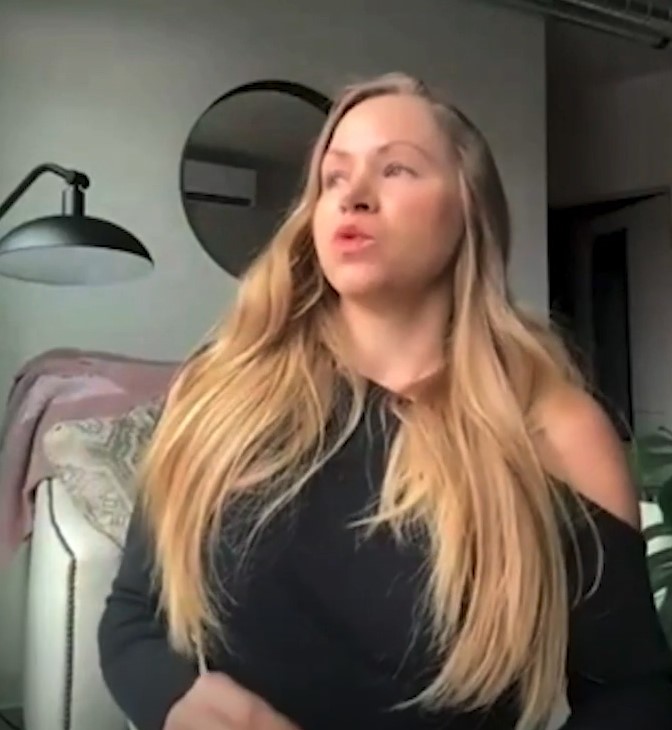
I needed independence, a fulfilling career, and space to chart my course, and I didn’t think marriage fit into that vision. I was content to look toward a future without a husband, children, or the trappings of ‘traditional’ life,'” she said.
As Melissa Persling grew up, she found that the once enjoyable and carefree lifestyle, characterized by being wined and dined and attending parties, started to lose its appeal.
The pursuit of personal comfort and self-indulgence began to feel monotonous and unfulfilling.
However, when she reached the age of 38, a sense of terror began to grip her, signaling a turning point in her life and prompting her to reevaluate her desires and priorities.
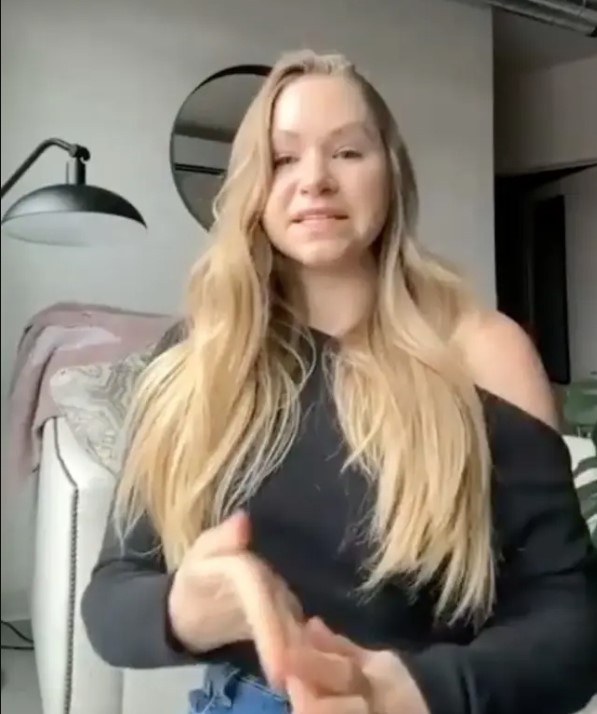
“I hardly recognized myself,” she wrote in the article. “I also began to feel selfish for spending so much time focusing solely on myself… My very existence started to feel shallow and hollow,” she said.
Melissa Persling recognized the need for self-discovery and healing, as she had experienced the impact of her parent's divorce on her upbringing.
Coming from a "broken home" shaped her views on family and required her to navigate past trauma to determine her true desires and aspirations.
After writing the article, Melissa Persling began dating a man who was previously her friend. Despite initially wanting to remain friends, she had a sudden realization that he was "the one" after her desire for a traditional life set in.
Their relationship has progressed quickly, and they are now discussing marriage and a future together.
“This guy is the one that God’s been preparing for me,” she said.
Melissa Persling expressed her anticipation for a modest, meaningful, and happy future.
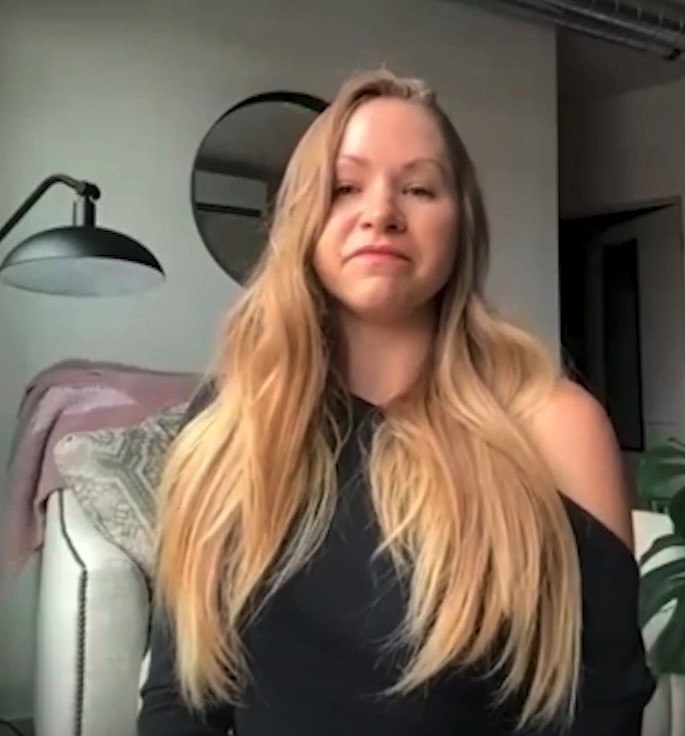
After going through personal growth, self-discovery, and finding a partner with whom she envisions a traditional life, she looks forward to a future that aligns with her desires.
“Moving into my future, I’m not going to be traveling. I’m not going to have a lot of extra money. I’m not going to be going out for fancy dinners and I’m OK with that,” she said. “I’m ready for that. I think that’s what’s really going to make me happy. Like I’m so done just making myself happy,” she concluded.
Melissa Persling revealed that she does not consider herself a feminist and attributed part of her negative views on marriage to the influence of feminism.
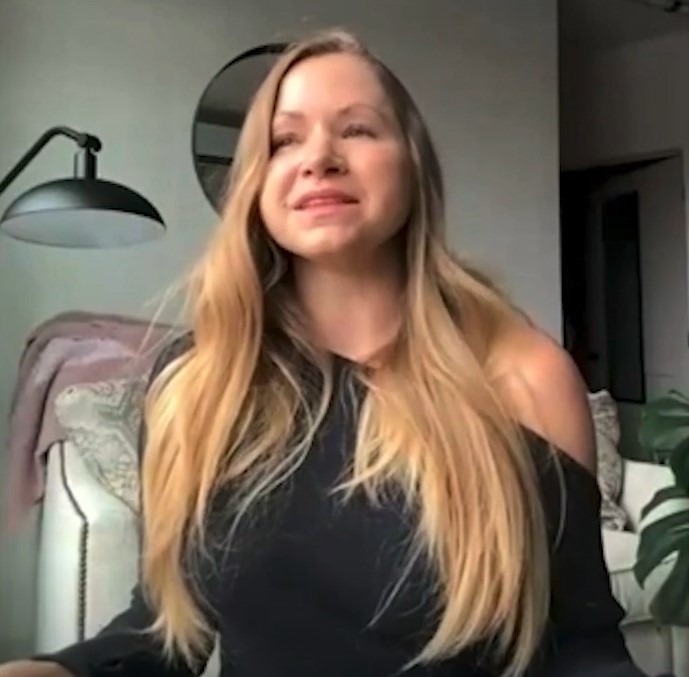
Persling mentioned a desire to revisit her past teachers and coaches who propagated these notions and question their meaning, as she now realizes that women cannot do it all.
She emphasized being in a different mindset now, expressing readiness for the sacrifices and beauty that come with marriage.
Persling acknowledged that she did not fully appreciate the significance of family for a long time but now understands its importance.




